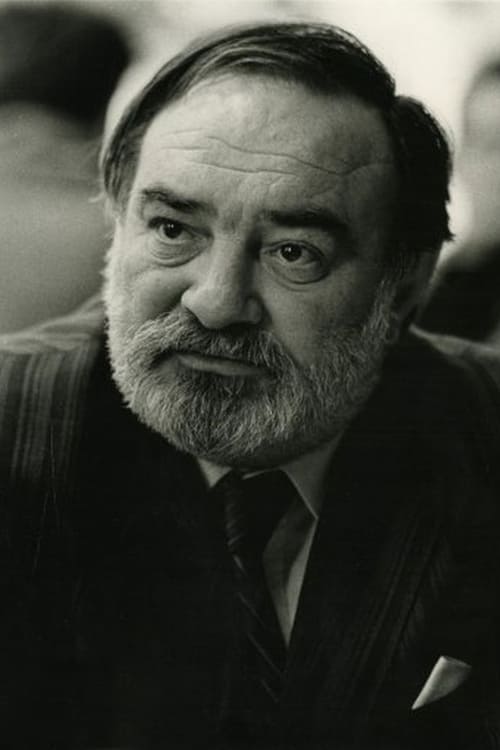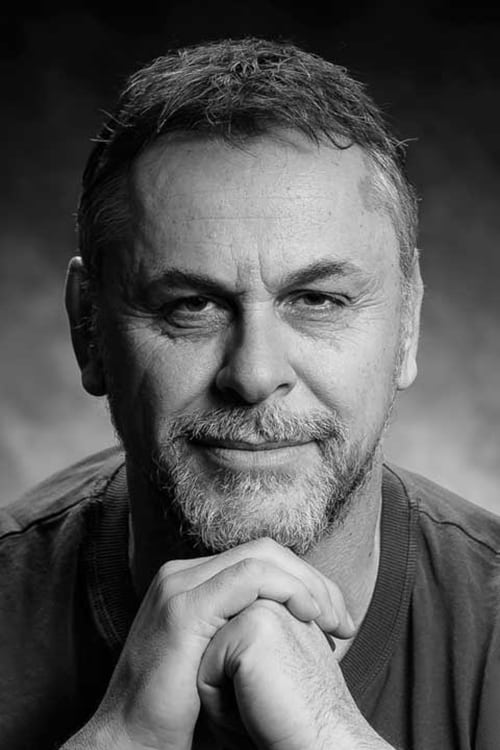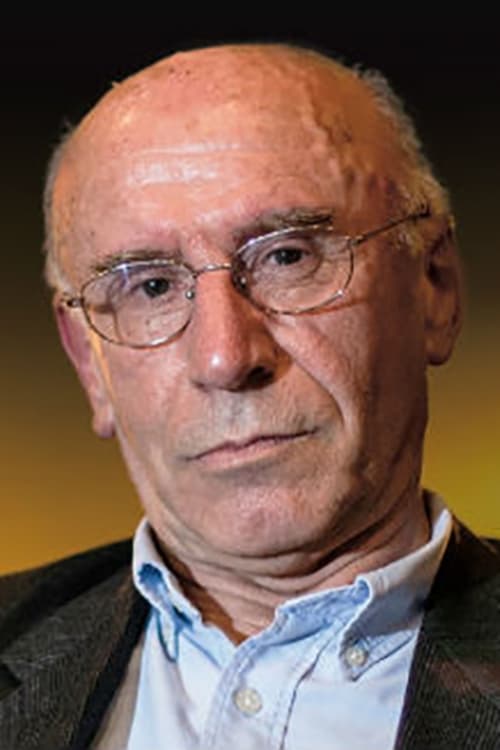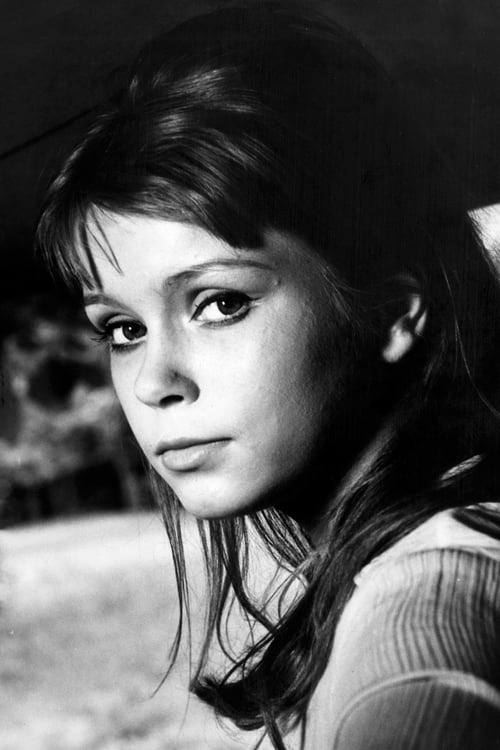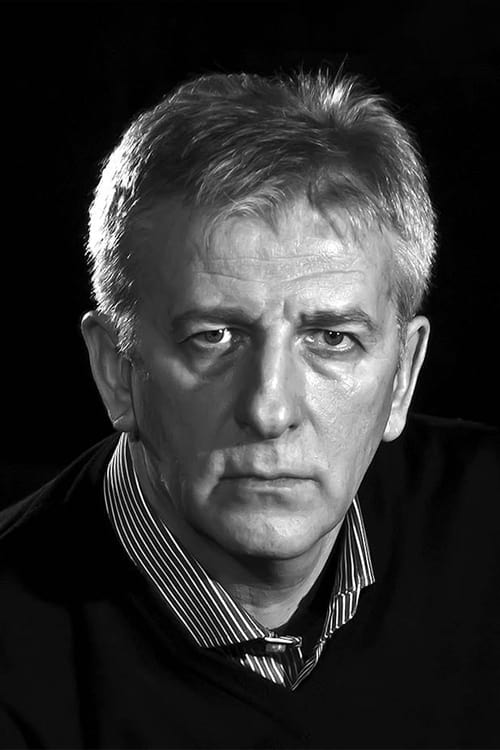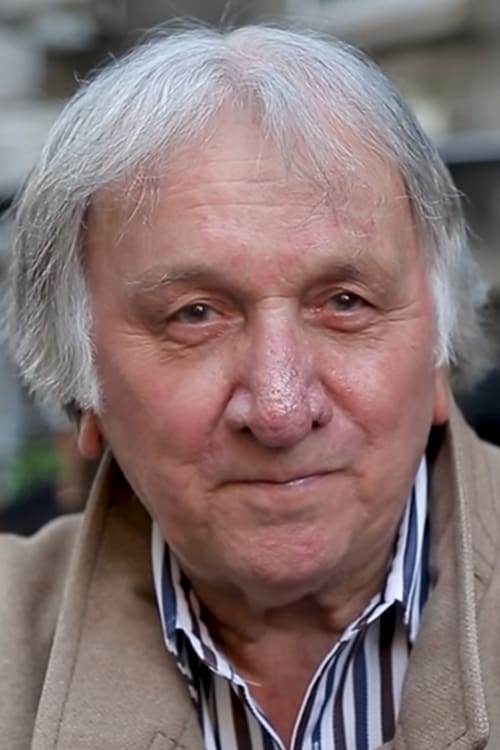In the Name of the Father and Son (1999)
Genre : Drama
Runtime : 1H 55M
Director : Božidar 'Bota' Nikolić
Synopsis
The story about typical Montenegrin family Miletic in post-war Yugoslavia, which shows personal tragedy of a father, whose only son comes back from the war as a different man.

Matko is a small time hustler, living by the Danube with his 17-year-old son Zare. After a failed business deal he owes money to the much more successful gangster Dadan. Dadan has a sister, Afrodita, that he desperately wants to see get married so they strike a deal: Zare is to marry her.
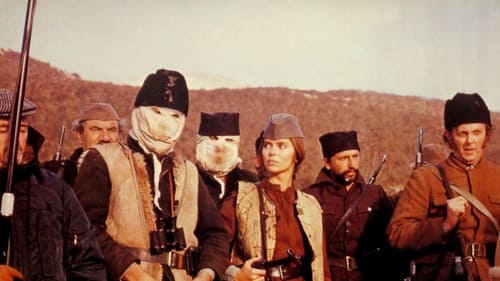
World War II, 1943. Mallory and Miller, the heroes who destroyed the guns of Navarone, are sent to Yugoslavia in search of a ghost from the past.

A touching story of a deaf girl who is sent to an oil rig to take care of a man who has been blinded in a terrible accident. The girl has a special ability to communicate with the men on board and especially with her patient as they share intimate moments together that will change their lives forever.
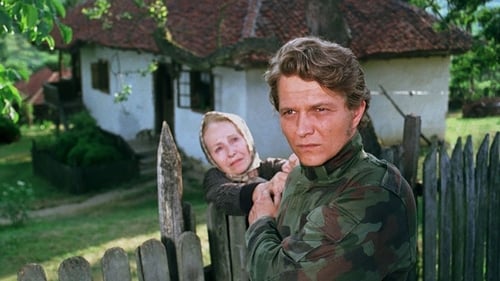
In the opening stages of the Bosnian War, a small group of Serbian soldiers are trapped in a tunnel by a Muslim force.

Tito's break-up with Stalin in 1948 marked the beginning of not only confusing, but also very dangerous years for many hard-core Yugoslav communists. A careless remark about the newspaper cartoon is enough for Mesha to join many arrested unfortunates. His family is now forced to cope with the situation and wait for his release from prison.
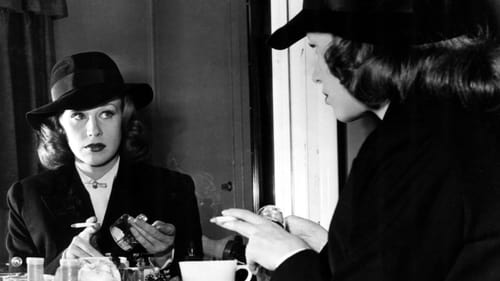
During the Cold War, diplomatic courier Mike Kells must retrieve a dispatch containing top-secret intelligence. But when he arrives at the meeting point, a train station in Salzburg, his contact turns up dead, and the message is nowhere to be found. With no clear suspect in sight, Kells must sort through his uncertain relationships with two women, while sidestepping the pitfalls of subterfuge, sabotage and spies in his search for the documents.
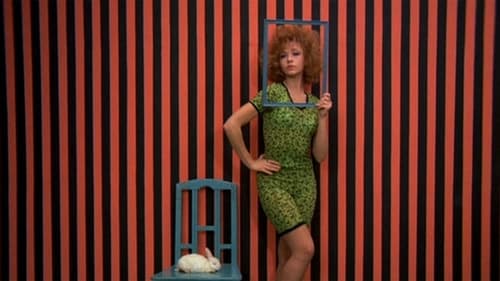
What does the energy harnessed through orgasm have to do with the state of communist Yugoslavia circa 1971? Only counterculture filmmaker extraordinaire Dušan Makavejev has the answers (or the questions). His surreal documentary-fiction collision WR: Mysteries of the Organism begins as an investigation into the life and work of controversial psychologist and philosopher Wilhelm Reich and then explodes into a free-form narrative of a beautiful young Slavic girl’s sexual liberation.
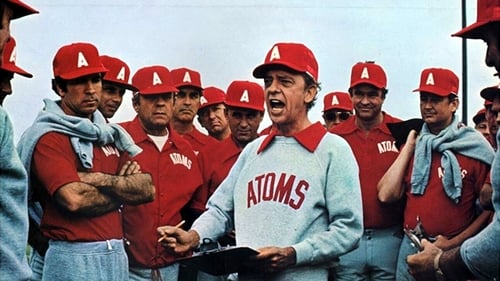
The California Atoms are in last place with no hope of moving up. But by switching the mule from team mascot to team member, (He can kick 100 yard field goals!) they start winning, and move up in the rankings, Hurrah! The competition isn't so happy.

Belgrade, the summer of 1991. Yugoslavia is falling apart. Gavran can't get a driving licence because he is color blind. He is a rural Bosnian introvert obsessed with trucks. So, as soon as he is released from prison, he steals a truck to go on a joyride. Suzana, a city girl, discovers she is pregnant, but until she's due for an abortion, she decides to go to Dubrovnik. She hitchikes and Gavran almost runs her over. She is unhurt, but she blackmails him to take her to Dubrovnik. Two people from different worlds, equally removed from the real one. For him she is the first woman he can talk to; for her he is just another idiot to add to the long list of them that she has so far compiled. But the pressure of danger and the intimations of war force them together. The world about them has become so absurd that they seem to each other the only sober people left.
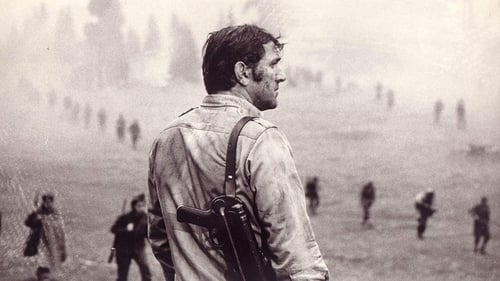
The headquarters of the Marshal Tito's Liberation Army are surrounded by Axis forces. The Partisans have no choice but to fight their way out of the encirclement and face the enemy on the plains of Sutjeska.

A study of the psychology of a champion ski-flyer, whose full-time occupation is carpentry.
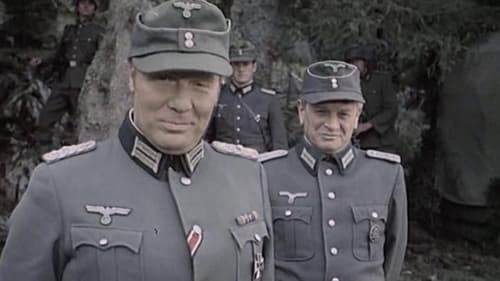
During the Battle of Sutjeska, partisan troops must endure 24 hours of big and heavy attacks on German units Ljubino grave, to the main Partisan units, with the wounded and the Supreme Headquarters, pulled out the ring that is tightened around them.
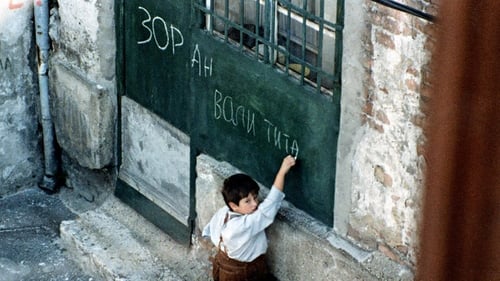
At his school, 10-year-old Zoran wins the competition for the best essay about Tito. His reward is participation in the march "Revolutionary trails" to Tito's hometown of Kumrovec.

The Weight of Chains is a Canadian documentary film that takes a critical look at the role that the US, NATO and the EU played in the tragic breakup of a once peaceful and prosperous European state - Yugoslavia. The film, bursting with rare stock footage never before seen by Western audiences, is a creative first-hand look at why the West intervened in the Yugoslav conflict, with an impressive roster of interviews with academics, diplomats, media personalities and ordinary citizens of the former Yugoslav republics. This film also presents positive stories from the Yugoslav wars - people helping each other regardless of their ethnic background, stories of bravery and self-sacrifice.
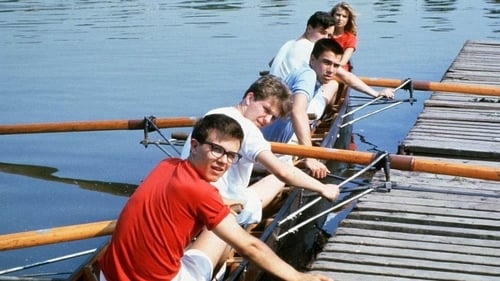
In 1985, four middle-aged Yugoslav emigres return to Belgrade for the funeral of Mariana, their beautiful compatriot. They called her Esther, for Esther Williams, she was the coxswain for their four-man rowing team, and they each loved her. They'd last seen her in 1953, when they rowed her across the Adriatic, pregnant, to join her exiled father in Italy. In flashbacks we learn the story of their youthful baptism into sex, smoking, rock and roll (Hey Ba-ba-re-bop), Hollywood and Swedish films, blue jeans on the black market, and their rivalry with Ristic, the Communist Party youth leader for whom they had instant antipathy.

An Albanian pilgrim, infected with an unknown disease, is on his way back to Belgrade from the Middle East. When doctors realize that it is a disease that has been considered eradicated, it is already too late - variola vera begins to languish and the hospital is quarantined.

In order to check the German offensive, Partizans send an elite team of explosive experts to blow up a strategically important bridge. Besides being heavily guarded, that bridge is almost indestructible and the only man who knows weak spots in the construction is the architect who built it. He is, however, reluctant to cooperate because he doesn't want to see his masterpiece destroyed.
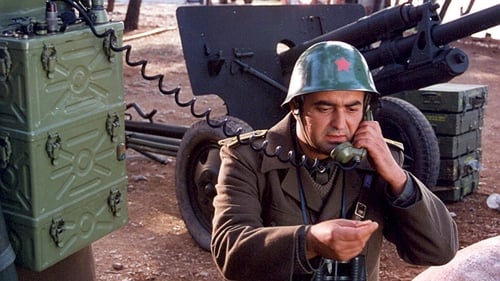
At the beginning of 1991, Yugoslav army did not acknowledge Croatian's independence, and still holding few military barracks in Croatia. Gajski travels to an island to get his son out of the army. Locals have besieged the barracks and organized a festival to try with singing and recitals to get major Aleksa and his soldiers to surrender, but Aleksa has explosives thru the barracks and wants to blow up the island.

An ex-soldier storms a supermarket and takes all the cashiers captive because one of them insulted his grandmother.
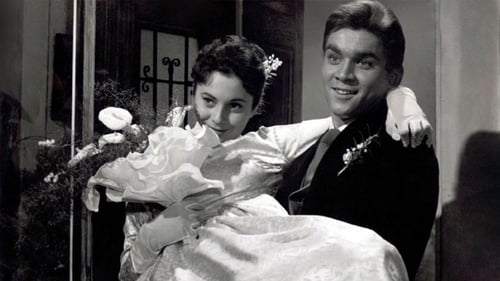
In order to save a friend's daughter, a 17-year-old Jewish girl, from the Ustashas, the Croatian family arranges her to be wed to their son Ivo.

